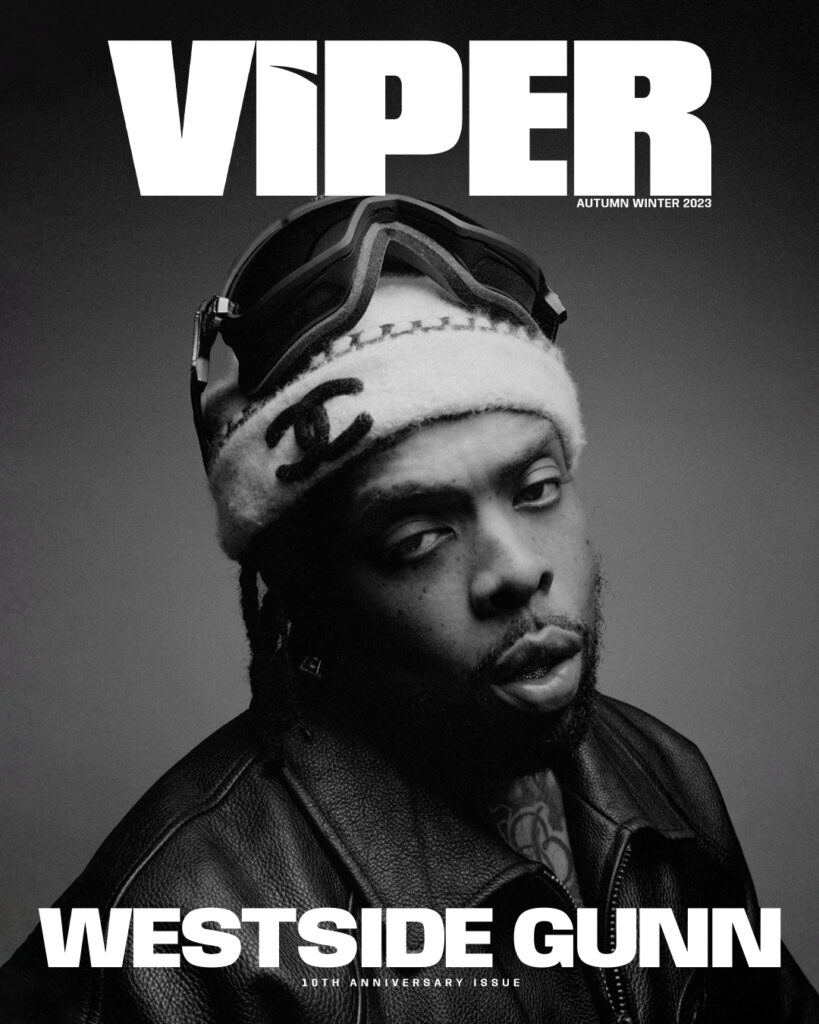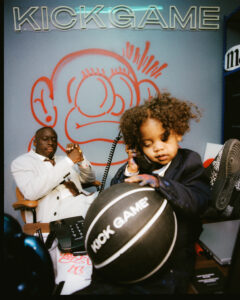On August 22nd 1992, following a performance in Marin City, California, a suburb of the city of San Francisco, Tupac Amaru Shakur was arrested. The arrest came as the result of an altercation in which Shakur drew his legally registered .38 caliber Colt Mustang. According to witnesses, the pistol was mistakenly dropped and fell to the ground. This would have been the end of the situation, but upon being recovered by his half brother Maurice Harding, a bullet was withdrawn from the chamber, killing six year old Qa’id Walker-Teal.
Initially, because the prosecution could not gather enough evidence to prove it had happened otherwise, the charges against Shakur were dropped. Following the dismissal of the charges though, the mother of the deceased filed a wrongful suit against Shakur. The suit was eventually settled outside of court and all charges against Shakur were formally dropped. As per the case with most rappers though, the incident was not his first run-in with the law – and would most certainly not be his last – but it was enough to garner serious national attention, thus giving the media an opportunity to portray yet another rapper as a cold-blooded criminal.
In the years following, he was involved in several other cases and despite his reputation – which had the potential to influence the prosecution every time – he avoided any serious jail time. A year later however, in New York City, Shakur was arrested again. This time he was accused of sexual assault. The charges were enough to see him sentenced anywhere from one and a half, to four and a half years in prison. After serving eight months in Clinton Correctional Facility, he was released on $1.4 million bail, paid by Death Row Records’ CEO, Suge Knight. On October 13th, the day immediately following his release, Shakur hit the studio and began recording his fourth studio album.
Three months later, on February 13th 1996, after just 14 days of recording time, Shakur released ‘All Eyez On Me’. The album was critically acclaimed and sold more than 300,000 units within the year, his biggest commercial success yet. Though he wasn’t alive long enough to see it, as he was murdered later that year – 20 years ago last September – Shakur remains one of the few hip hop artists to serve a bid in a correctional facility that would lead into the peak of their career. While many rappers have found themselves in similar situations, the effect it’s had on their music careers – like the reasons that they are serving time in the first place – vary a great deal. Crazy Titch, government name Carl Dobson, was a big name in the UK grime scene both before and after his prison bid. Despite his unfortunate fate, like Shakur, his career would ultimately find itself immortalised through his music.
In November 2006, Titch was sentenced to a minimum of 30 years in prison. The harshness of his sentence was due to his involvement in the shooting of a producer, which was the result of a dispute over song lyrics. Despite going to prison early in his potential career, his influence in the genre would continue as an artist. While in jail, Titch was able to record and release, both instalments of his ‘Crazy Times’ mixtape series. Though neither was commercially sold, or had any critical acclaim, both were enough for him to continue to be recognised as one of the greats in the scene today, despite being incarcerated for a decade. Fans can often be the ones caught in the crossfire. C-Murder, the brother and label-mate of rap icon Master P, was involved in a slew of violent crimes in his early years. After a previous incident, which later resulted in a no contest plea to an attempted second degree murder charge, he was involved in yet another second degree murder. Both events took place at a nightclub, but the latter resulted in the death of a fan.
Prior to his arrest, C-Murder, real name Corey Miller, had an established career, having released four studio albums through No Limit Records. After the incident, facing years of imprisonment, he was sentenced to life in prison, but his career was initially unaffected. While incarcerated, C-Murder released several albums and mixtapes, even one ironically enough with the fairly fresh out Boosie Badazz. Boosie proved some artists’ careers still survive jail time, others however are not so lucky. K Koke is a prime example of a rapper whose troubles with the law, have allowed him to experience both the peaks and valleys of the rap game. Due to the success of his mixtape series, ‘Pure Koke’, Koke was signed to Roc Nation in 2011. His signing marked the beginning of a defining moment in his career. However, just months later he was charged with attempted murder. According to the charges, he was one of five people responsible for the victim being sent to the hospital with a near-deadly gunshot wound.
He was later acquitted of all charges, but the ordeal would ultimately hurt his reputation. Once the situation seemed to have blown over, K Koke was dropped from Roc Nation. Due to his prison bid, Koke’s debut album had been delayed, and thanks to his charges, he was barred from even visiting the United States. To this day, he continues to record and despite a healthy career in the UK scene, his time in jail has most certainly restricted his global reach. Snoop Dogg is living proof that if a jury decision won’t cause your music career to wane in success, it can have the potential to boost an artist. As one of the most important living rappers of his generation, Snoop has steadily put out music for 25 years.
Beginning his career as a discovery of Dr. Dre, he featured heavily on the N.W.A icon’s debut solo album, ‘The Chronic’. There was nowhere for him to go but up – he had even begun recording his insanely successful debut album, ‘Doggystyle’. All was going well for the 19 year old, until Snoop and his bodyguard – who supposedly pulled the trigger – were charged with the murder of a rival gang member. The fallout of these events led to one of the most iconic criminal cases in rap history; it’s hard to forget the scene of Snoop performing his song inspired by the incident, ‘Murder Was The Case’ in a wheelchair at 1994 MTV Video Music Awards. He ended the set repeating “I’m innocent” before walking off stage. After three years of litigation, Snoop was acquitted of all charges. Shortly after, he released his second studio album, ‘The Doggfather’, a highly successful sophomore effort. To this day, Snoop continues to expand his career, even beyond music, launching tv shows, adult movies and even dog food. Snoop has easily become one of the world’s most recognisable.
This is an extract from Issue 7, The Barely Legal Issue of Viper Magazine. Read more from the magazine here. Buy physical and digital copies here.
Illustrations by Adefe
Words by Darius Pleasant




